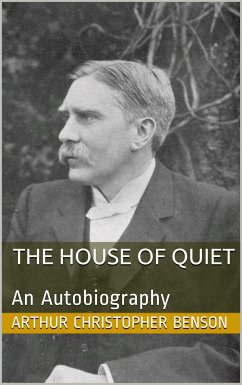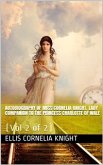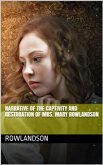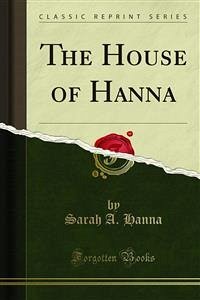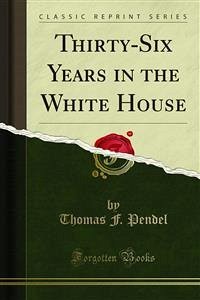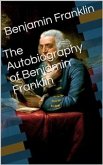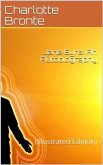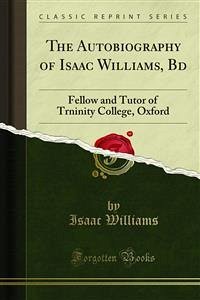Arthur Christopher Benson, FRSL (24 April 1862 – 17 June 1925) was an English essayist, poet, author and academic and the 28th Master of Magdalene College, Cambridge. He is noted for having written the words of the song "Land of Hope and Glory".
Benson was born on 24 April 1862 at Wellington College, Berkshire. He was one of six children of Edward White Benson (1829-1896; Archbishop of Canterbury 1882–96; the first headmaster of the college) and his wife Mary Sidgwick Benson, sister of the philosopher Henry Sidgwick.
From 1885 to 1903 he taught at Eton, but returned to Cambridge in 1904 as a Fellow of Magdalene College to lecture in English Literature. He became president of the college (the Master's deputy) in 1912, and he was Master of Magdalene (head of the college) from December 1915 until his death in 1925. From 1906, he was a governor of Gresham's School.
The modern development of Magdalene was shaped by Benson. He was a generous benefactor to the college, with a significant impact on the modern appearance of the college grounds; at least twenty inscriptions around the college refer to him. In 1930, Benson Court was constructed and named after him.
He collaborated with Lord Esher in editing the correspondence of Queen Victoria (1907). His poems and volumes of essays, such as From a College Window and The Upton Letters (essays in the form of letters) were famous in his time; and he left one of the longest diaries ever written: some four million words. Extracts from the diaries are printed in Edwardian Excursions. From the Diaries of A. C. Benson, 1898–1904, ed. David Newsome, London: John Murray, 1981. His literary criticisms of Dante Gabriel Rossetti, Edward FitzGerald, Walter Pater and John Ruskin rank among his best work. Today, he is best remembered as the author of one of Britain's best-known patriotic songs, Land of Hope and Glory, written for the coronation of King Edward VII.
In The Schoolmaster, Benson summarised his views on education based on his 18-year experience at Eton. He criticised the tendency, which he wrote was prevalent in English public schools at the time, to "make the boys good and to make them healthy" to the detriment of their intellectual development.
A Fellow of the Royal Society of Literature, he founded the Benson Medal in 1916, to be awarded "in respect of meritorious works in poetry, fiction, history and belles lettres".
Benson was born on 24 April 1862 at Wellington College, Berkshire. He was one of six children of Edward White Benson (1829-1896; Archbishop of Canterbury 1882–96; the first headmaster of the college) and his wife Mary Sidgwick Benson, sister of the philosopher Henry Sidgwick.
From 1885 to 1903 he taught at Eton, but returned to Cambridge in 1904 as a Fellow of Magdalene College to lecture in English Literature. He became president of the college (the Master's deputy) in 1912, and he was Master of Magdalene (head of the college) from December 1915 until his death in 1925. From 1906, he was a governor of Gresham's School.
The modern development of Magdalene was shaped by Benson. He was a generous benefactor to the college, with a significant impact on the modern appearance of the college grounds; at least twenty inscriptions around the college refer to him. In 1930, Benson Court was constructed and named after him.
He collaborated with Lord Esher in editing the correspondence of Queen Victoria (1907). His poems and volumes of essays, such as From a College Window and The Upton Letters (essays in the form of letters) were famous in his time; and he left one of the longest diaries ever written: some four million words. Extracts from the diaries are printed in Edwardian Excursions. From the Diaries of A. C. Benson, 1898–1904, ed. David Newsome, London: John Murray, 1981. His literary criticisms of Dante Gabriel Rossetti, Edward FitzGerald, Walter Pater and John Ruskin rank among his best work. Today, he is best remembered as the author of one of Britain's best-known patriotic songs, Land of Hope and Glory, written for the coronation of King Edward VII.
In The Schoolmaster, Benson summarised his views on education based on his 18-year experience at Eton. He criticised the tendency, which he wrote was prevalent in English public schools at the time, to "make the boys good and to make them healthy" to the detriment of their intellectual development.
A Fellow of the Royal Society of Literature, he founded the Benson Medal in 1916, to be awarded "in respect of meritorious works in poetry, fiction, history and belles lettres".

